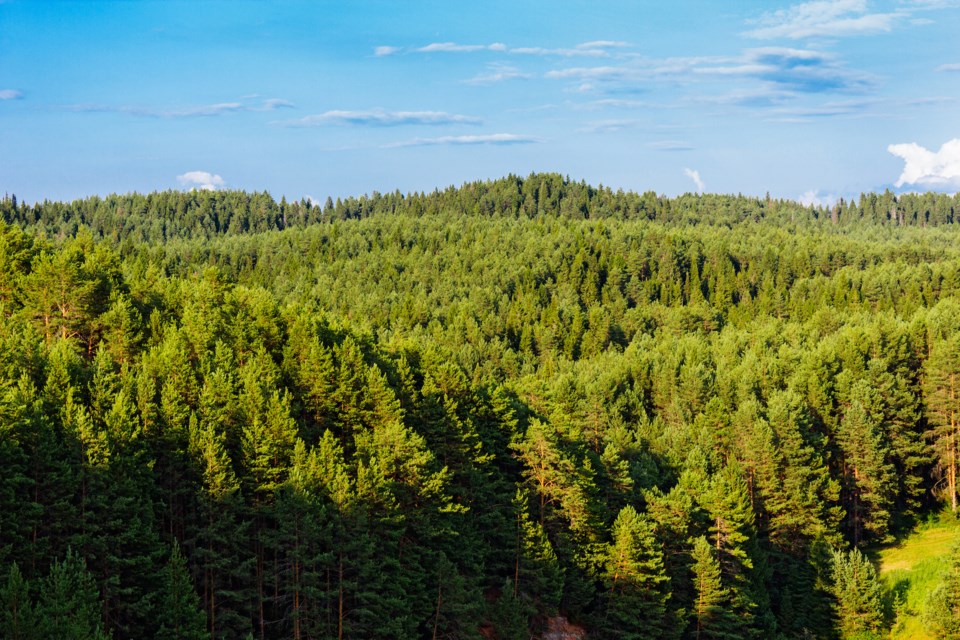Researchers are on a mission to revive what’s been ignored in the healing traditions of Indigenous people and in the process discover ways to prevent cancer.
Lakehead University received a grant of $1.2 million from the Canadian Institutes for Health Research to study traditional methods of cancer prevention.
Lakehead’s Dr. Lana Ray leads a team along with Anita Cameron, Executive Director of the Waasegiizhig Nanaandawe’iyewigamig Health Access Centre (WNHAC) and others, on this five-year initiative.
“Our project was chosen as one of the few around the globe to look at how to address primary and secondary cancer prevention,” said Ray. “If we are going to address cancer prevention we need to look at indigenous health in a very broad way and also account for the huge impact colonialism had on Indigenous people’s health.”
The arrival of Europeans was not simply an alteration of the lifestyle balance, it was total upheaval.
“A lot of the traditional teaching focuses on lifestyle,” explained Cameron. “If you are living a healthy lifestyle, the chances of becoming ill are reduced.”
Cameron said traditional healing doesn’t just address the physical body, it also addresses the mind, the heart and the spirit.
“When those things are not good in balance, and that is one of the real significant impacts of colonization, then it sets up a whole range of things that may or may not include cancer.”
Ray said part of that balance includes the environment and the effects of pollution.
“Elders tell us that if the land is healthy that goes a long way in terms of us being healthy as well,” she said.
She said we need to look at traditional healing as a form of Indigenous knowledge and that knowledge must be respected.
“The knowledge exists, but it hasn’t permeated through communities as it has been prior to colonialism. There’s still work to be done to grow it,” said Ray.
Growing it requires working with elders in traditional settings with medicine camps and health practitioners, said Ray.
Part of Cameron’s (WNHAC) mandate is to provide services through traditional and cultural based lenses. This research project complements and builds on what her group does.
“When you walk into our clinic you will see as much evidence of traditional healing being provided in that space as you will doctors, nurse practitioners, medical staff and other medical activities,” said Cameron.
She said the research project will more than double access to traditional healing in her area.
Ray has heard elders and community members talk about how cancer was never as big a factor within Indigenous communities as it is today.
What’s lacking is the documentation to be able to explain this to the western world.
“And for obvious reasons,” said Ray. “One is a history of the way research has been done. It hasn’t been very respectful of indigenous peoples, of indigenous knowledge, of indigenous self-determination.”
Ray said when information has been shared, it’s often been incorporated out of the context of Indigenous communities.
“We actually see some medicines and western medicines, coming from Indigenous knowledge systems and not being credited as such,” she said.
Cameron said a number of factors are at work to make cancer more problematic in the native community.
“The lack of access to primary care and health care in the first place would be one, but then the lack of trust in the system overall prevents people from presenting for care until it is a much more advanced stage,” she said.
Winning back trust requires an emotional connection.
It’s why the research will focus specifically on the Indigenous community. There is a spiritual element to the healing process.
“It’s important that people have that understanding,” said Ray. There may be ceremonies as part of the healing process and Ray said people must actually believe in the ceremony.
“Our ceremonies were banned for so many years,” she said.
Cameron is enthusiastic about the project.
“To have this opportunity to put traditional healing on an equal level with mainstream medicine in the context of cancer prevention, that’s the part that really excites me,” she said.
Ray is equally eager to begin the research.
“I’m really excited to be in a position to elevate the voices and knowledge of our traditional knowledge holders and medicine people.”
